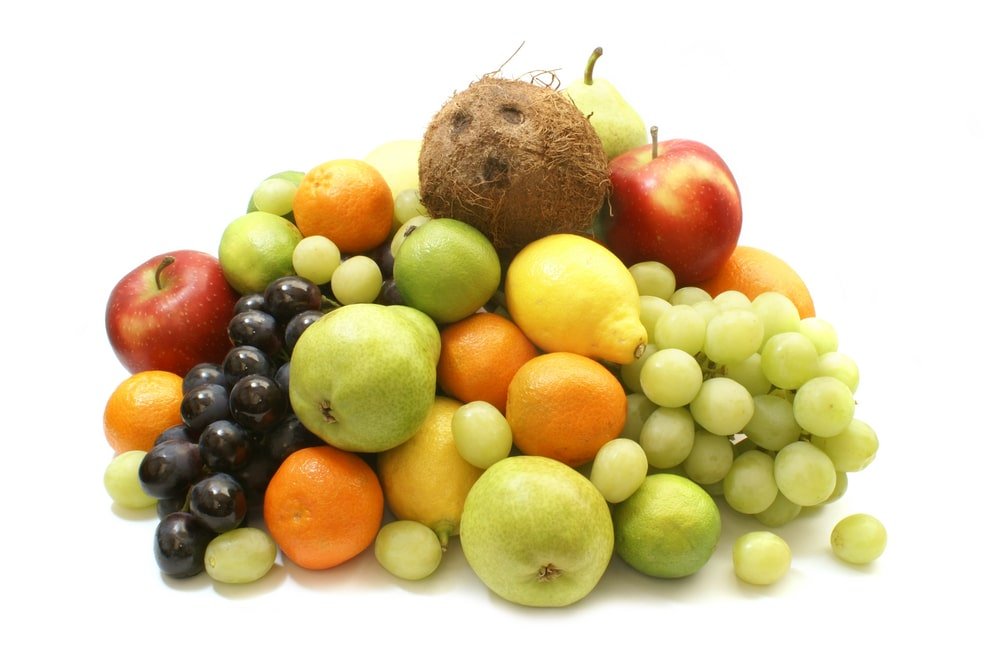Renowned Harvard researcher and physician Dr. William Li highlights over 200 foods that can cure dementia, prevent cancer, and treat dozens of other avoidable illnesses
When we choose meals that appear healthy, we often believe we are making beneficial choices for our well-being. However, some of these seemingly nutritious meals can be detrimental to our long-term health.
Ultra-Processed Plant-Based Foods: An Unhealthy Trap
While foods made entirely of plants may seem nutritious, excessive processing can strip them of their health benefits. “We know that highly processed foods are detrimental to our overall well-being. In fact, consuming excessive amounts can actually slow down our metabolism,” says Dr. Li. He advises focusing on wholesome, nutritious foods and being aware of deceptive marketing messages.
Processed Meats: Carcinogenic Risks
Consuming processed meats like hot dogs, pepperoni, and sausages is linked to a higher risk of cancer. The World Health Organization has identified processed meats as carcinogenic. “Once in a while, especially if it’s something you really enjoy, don’t worry about it, but don’t do it all the time,” Dr. Li suggests regarding the intake of these meats.
Fruit Juice: Hidden Drawbacks
Fruit juice consumption may seem healthful, but it has drawbacks. “I adore oranges, especially in the winter when they’re in season. An orange by itself has a lot of nutrients. However, I could drink a large glass of orange juice, which requires eight oranges, in thirty seconds, but it would take me a few minutes to eat one orange,” says Dr. Li. Additionally, some commercial juices have added sugar and chemicals.
Artificial Sweeteners and Gut Health
Diet sodas with artificial sweeteners are not a healthier substitute for sugary sodas. Clinical research indicates that these non-nutritive sweeteners alter the bacteria in our stomachs. Dr. Li cautions, “The reality is that we’re changing our body biology in such a way that our body will start to develop body fat if you poison your gut microbiome enough, even if you’re drinking ‘diet’ soda.”
Industrial Bread: Empty Calories
Supermarket breads that are the softest and least expensive are often made with subpar flour and loaded with additives. Dr. Li recommends sourdough bread as a nutritious alternative. “Sourdough bread includes Lactobacillus reuteri and other probiotic ferments that benefit our digestive health. These ferments have been cultivated over generations of making sourdough bread,” he explains.
Tea with Cow’s Milk: Reduced Benefits
Adding milk to tea is a common custom, but it can lessen the health advantages of the tea. “The fat molecules in cow’s milk generate micelles, tiny soap bubbles, when added to tea. These bubbles trap the tea’s polyphenols, making it difficult for them to be digested in the stomach and ultimately excreted,” says Dr. Li. He recommends switching to plant milks if you want to sweeten your tea.
By being aware of these dietary pitfalls and following Dr. Li’s advice, individuals can make more informed choices about their health and nutrition.



